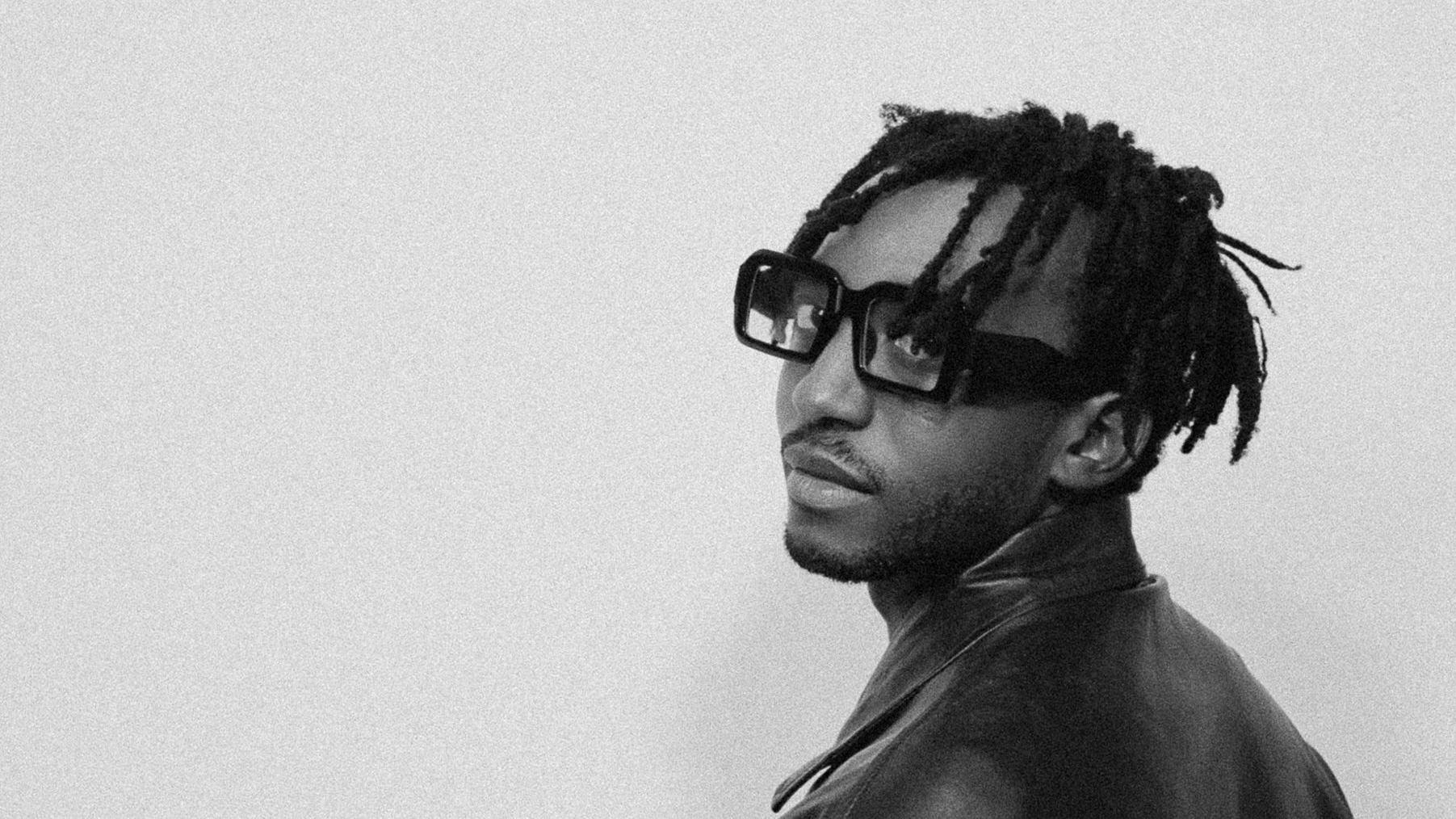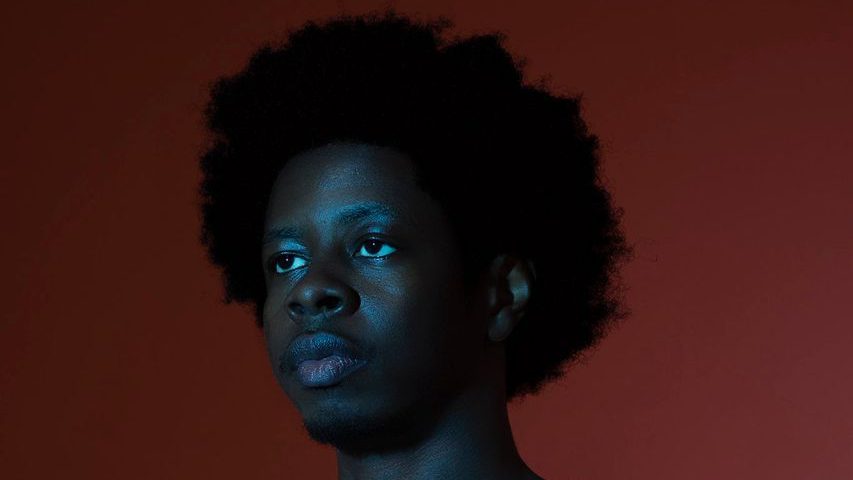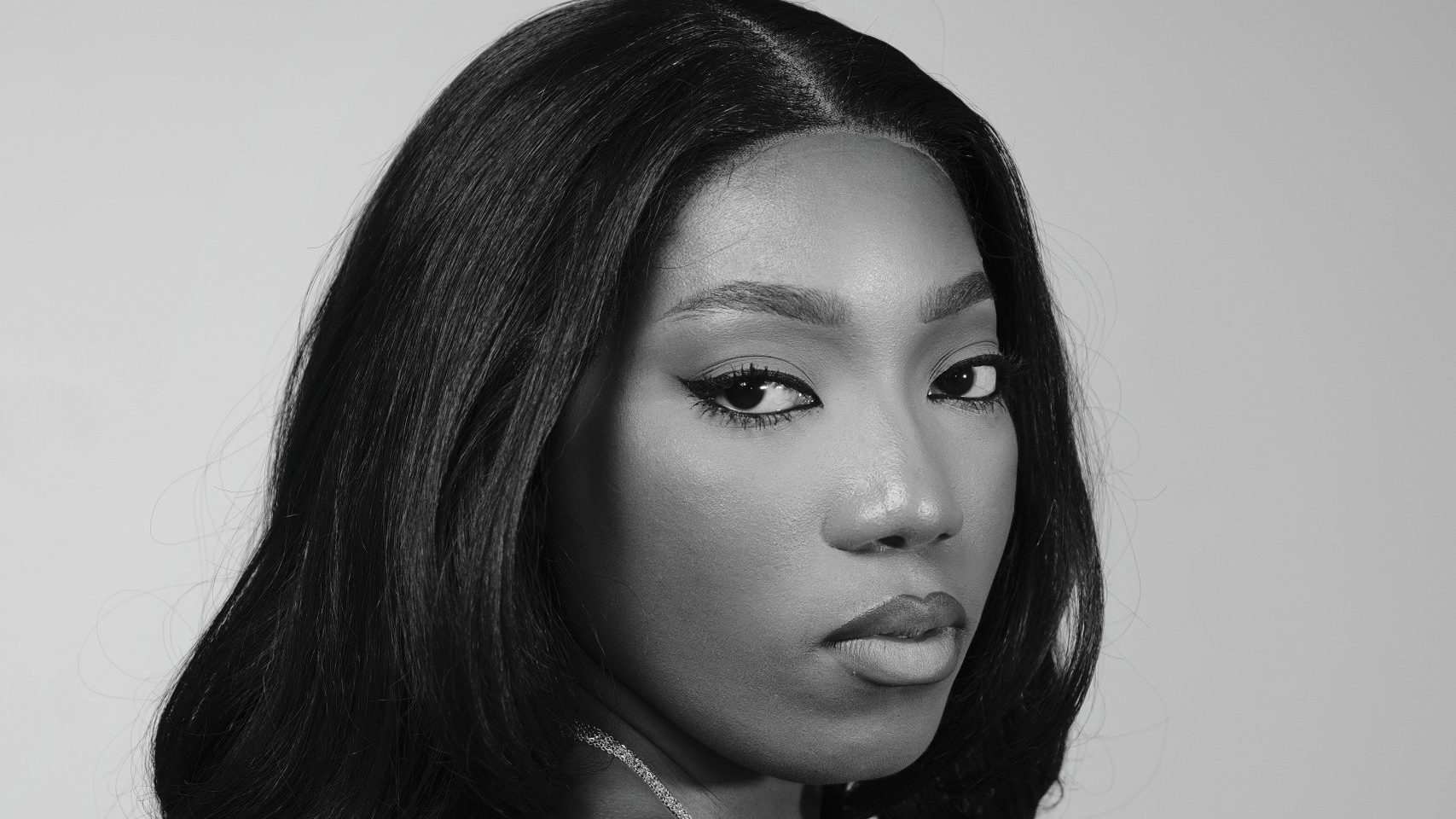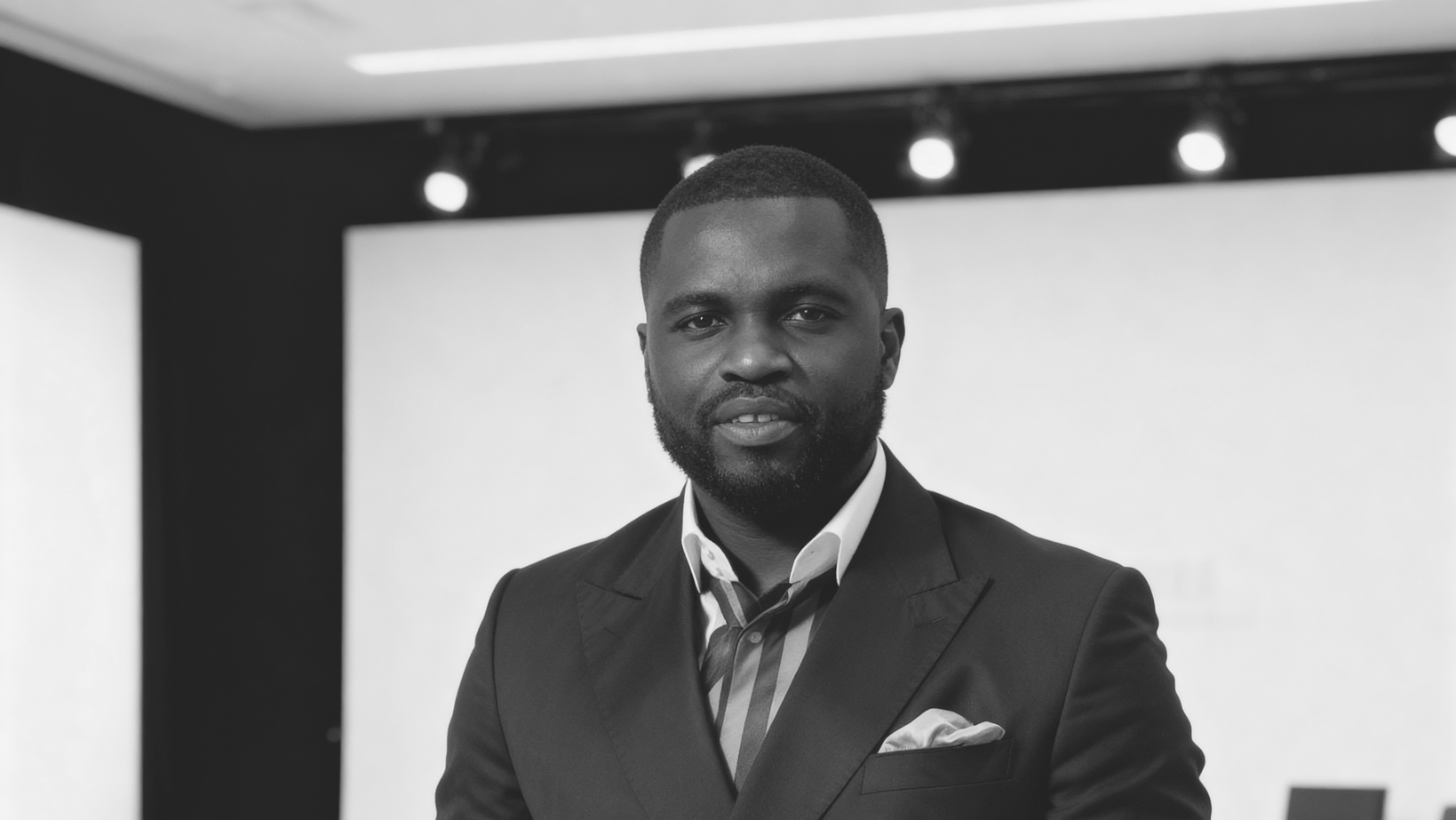In an era where digital streams and viral moments often define artistic success, some creators forge their own path through pure sonic innovation. Nigerian artist Raytheboffin represents this new breed of musical revolutionaries, quietly building a devoted following through his distinctive blend of experimental production and raw emotional authenticity.
Born in Nigeria, Raytheboffin’s musical DNA pulses with Afrobeats rhythms that he describes as being “in his blood.” This foundational influence ensures that even his most laid-back productions maintain that essential “bounce and rhythm” that makes listeners instinctively nod their heads. Yet, his sound transcends traditional categorisation, crafting a “diverse blend of experimental and raw elements” that feels futuristic without losing its organic soul.
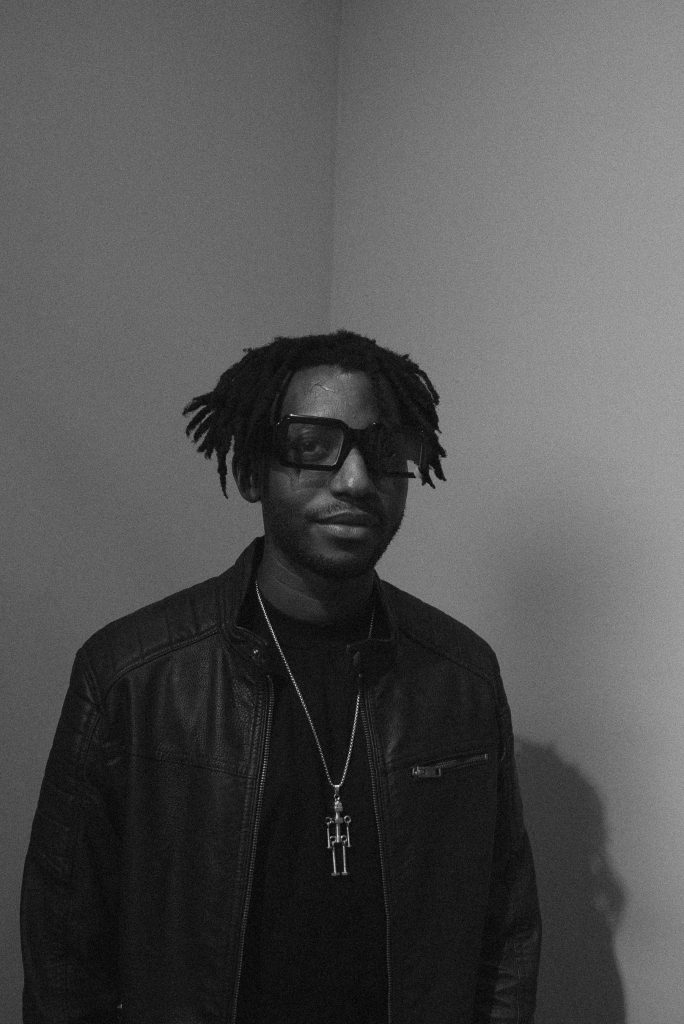
The artist’s creative process is fueled by an insatiable curiosity, constantly pushing boundaries while avoiding the trap of overprocessing. His music is sophisticated enough to surprise seasoned listeners, yet accessible enough to feel genuinely “chill,” a characteristic that perhaps is reflective of Ray’s contemplative nature. “I get inspired by everything. I allow myself to be inspired by everything,” he explains, describing how his creative wellspring extends beyond music to encompass science, film, and literature. This broad approach means ideas and inspiration are drawn from a multitude of sources, with the artist maintaining a collection of sites for inspiration and consuming media daily, not for professional obligation, but out of personal enjoyment and to fuel his artistry.
Raytheboffin’s influences span generations and genres, with Kanye West standing as a significant and enduring touchstone. He appreciates Kanye’s approach to music and the way he thinks about sound. While his early listening habits gravitated toward pop music, with figures like Drake and Jaden Smith initially shaping his musical perspective, it was Frank Ocean who fundamentally altered his approach to creation. “Frank Ocean profoundly changed how I approach music,” he reflects, “he taught me to slow down my creative process, to really let ideas develop.”
Raytheboffin’s latest offering, You Make Me Feel, carries the intentional designation of a “mixtape” rather than an “album”. For him, mixtapes serve as laboratories where he can “test out” new ideas without the weight of a full album’s expectations. “I see mixtapes as essential opportunities to explore,” he explains, “where I can approach projects with a flexible, exploratory mindset rather than being confined to rigid concepts.” The project brings together a variety of artists, including Dap The Contract, Tim Lyre, Inçi, Sute Iwar, Sinachi, Jess ETA, Ayüü, July Drama, mca$h, webmoms, Adrian Dvzuke, and Iver Rivers.
The project’s title, with “feel” at its core, explains its central mission: exploring the vast landscape of human emotion through sound. Rather than forcing songs into predetermined themes, Raytheboffin allows the music itself to guide the creative process. His track selection follows an intuitive approach, choosing songs that “explore the same feeling or were created within a consistent emotional space.” “When real feelings are poured into music, people will naturally find a connection,” he asserts, “and relate them to their own emotional experiences.”
For Raytheboffin, You Make Me Feel represents more than just a personal artistic statement: it’s a manifesto for the future of Nigerian music. He believes the project captures and represents several key aspects of the current Nigerian music scene, serving as a unique and authentic representation for individuals in Nigeria who pursue different musical paths, allowing them to “create freely and avoid being ‘boxed’ into conventional styles.” He recounts a listener’s comment about how the music made them feel validated enough to release their unique music, recognising there’s a place for it in the broader landscape. “I believe ‘You Make Me Feel’ could be the basis for how music coming out of Nigeria is viewed in the future,” Raytheboffin explains. “While not intended to replace Afrobeats, it offers a new approach to making music in Nigeria and a different way of thinking about sound and approach in the future of Nigerian music.” Raytheboffin also sees the project as a “good stamp in time,” suggesting it will be looked back upon nostalgically, much like Santi’s Mandy and the Jungle, marking a moment where diverse artists came together to push creative boundaries.
“Interplanetary”, one of the standout tracks off the project, was Raytheboffin’s personal favourite for an extended period. His conviction in its potential led him to perform it at live shows before the project’s official release. The track, produced by JT, a talented producer he met via a Discord community of young producers, weaves indie sensibilities with traditional Afrobeat percussion and rhythm, creating a sound that feels both familiar and entirely new. “I knew this one was special,” Raytheboffin recalls about “Interplanetary,” “I was performing it at shows before the project even came out because I could feel its impact.”
Out of curiosity, I asked Raytheboffin how he discovers new artists and songs. “No single source is sufficient for finding new music,” he explains, “I use recommendations from streaming platforms, but they often keep you in one genre box.” He also mentioned word-of-mouth recommendations from friends and fellow musicians. He actively monitors publications like Dazed and ID to keep him connected to broader cultural currents. “I actively monitor social media from various publications and keep saved tabs of online magazines to stay connected to pop culture, fashion, and music trends,” he says. Raytheboffin also delves into underground scenes through platforms like Kids Take Over and Saving Connie on Instagram.
Despite his proficiency in producing, mixing, mastering, and creative direction, collaboration remains fundamental to his artistic philosophy. “Collaboration is absolutely fundamental to my artistry,” he emphasizes, “I genuinely believe that collaboration consistently leads to better art, and it’s essential for community building and networking.” For Raytheboffin, collaboration transcends competition. It’s about “coming together to make this piece of art,” regardless of who takes centre stage. “It’s not about competition,” he clarifies, “it’s about coming together to make this piece of art, even if my own presence isn’t at the forefront.”
I asked him when he thinks he’ll be ready for an album, and for Ray, the concept of an “album” represents far more than a collection of songs—it is an “expansion” of everything he’s explored in his mixtapes. He envisions creating an entire “world” around the album, constructing what he calls a “sonic journey” that simultaneously serves as a visual experience. “I want to create storytelling that transcends sound and embraces visual forms,” he explains, detailing his ambitious vision. “Since I’m a film enthusiast, visuals are incredibly important to me. I want to build an entire world around the album—a sonic journey that’s equally a visual one. I want to work with live musicians and be able to comfortably afford quality session players,” he says, “ensuring they can deliver their utmost best while being properly compensated.”
Through his thoughtful approach to both creation and community, Raytheboffin represents a new generation of Nigerian artists who understand that authenticity and innovation aren’t opposing forces but complementary elements in building lasting artistic impact. His commitment to emotional honesty, collaborative spirit, and sonic experimentation positions him as an artist to watch. With You Make Me Feel serving as both a personal artistic statement and a broader cultural manifesto, Raytheboffin continues to prove that the future of Nigerian music lies not in conformity but in the courage to explore uncharted creative territories.
